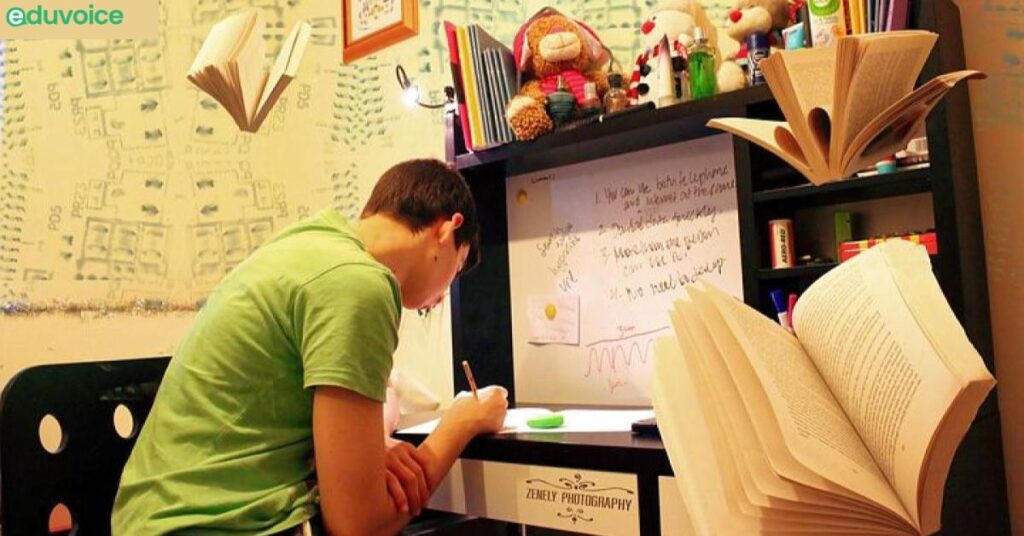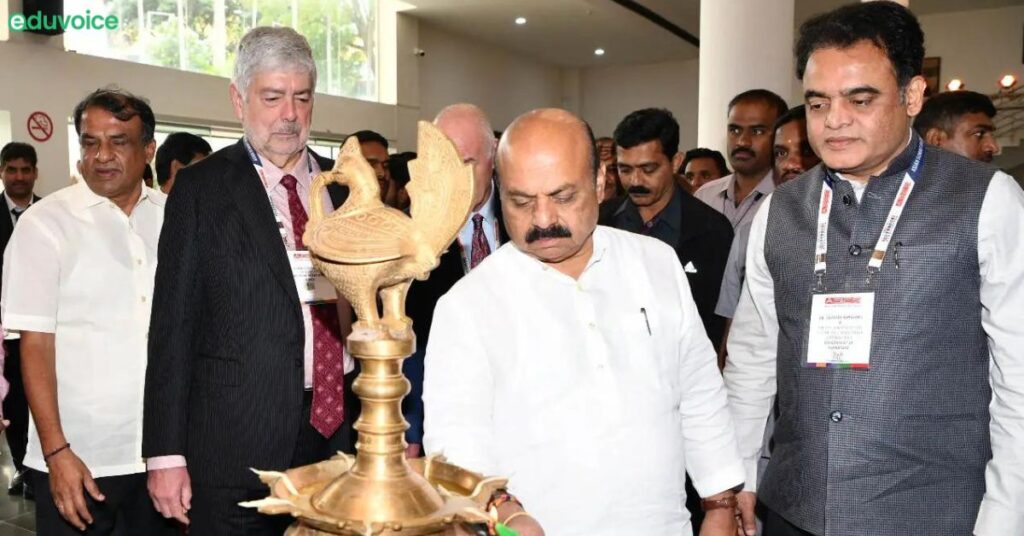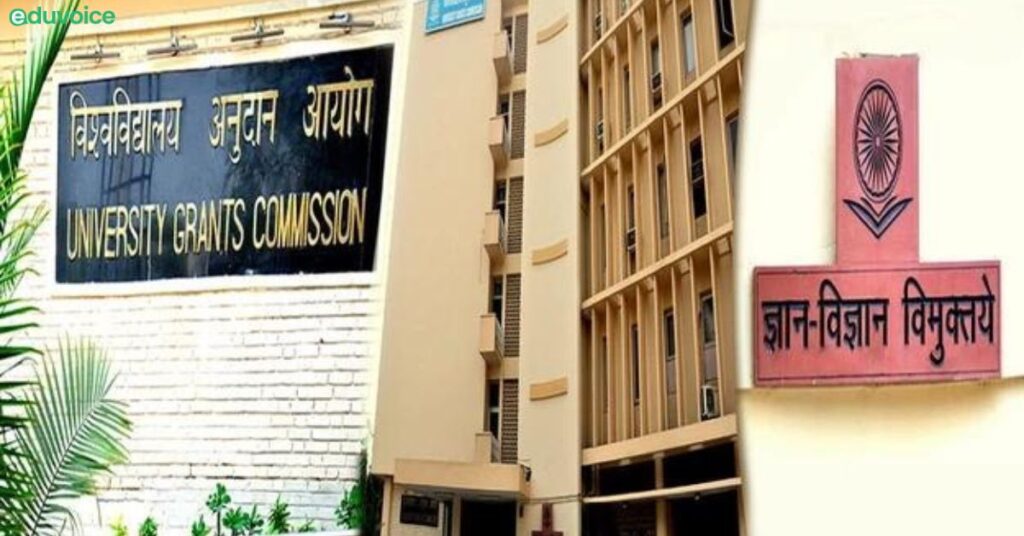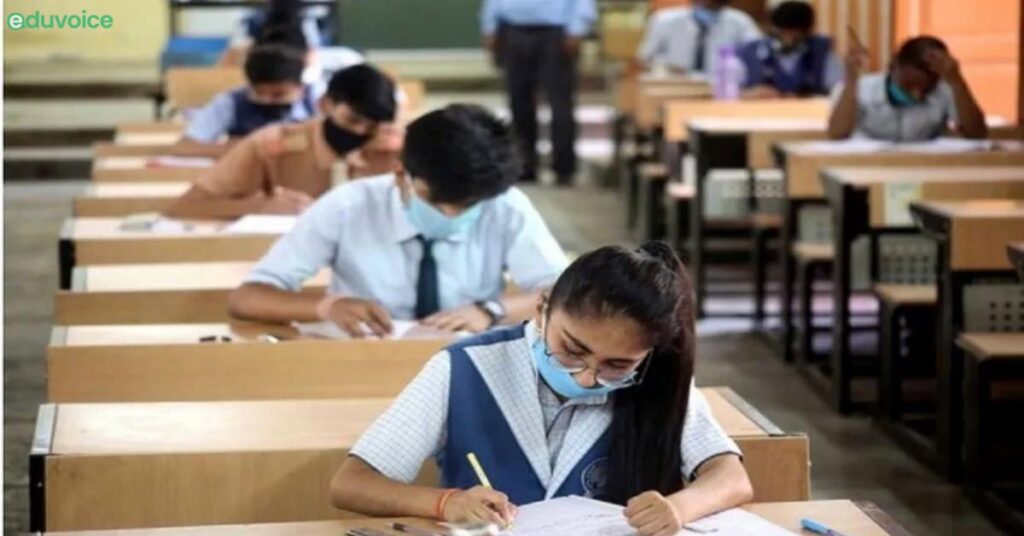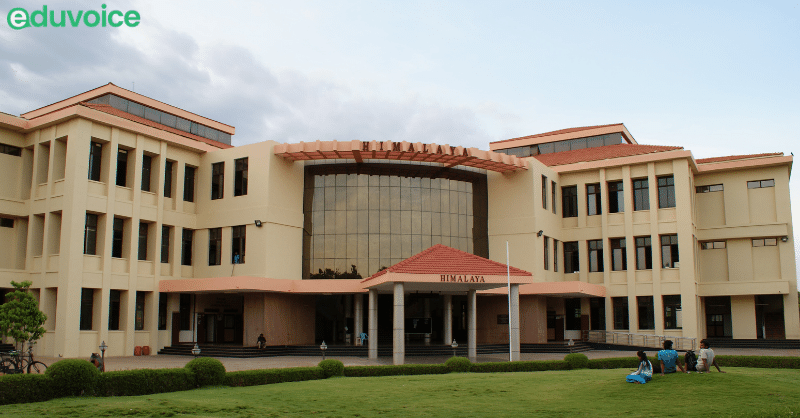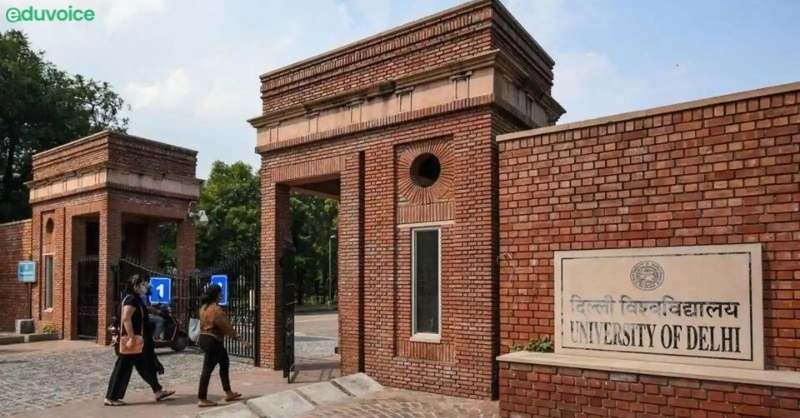The digitalisation of education in India has had a significant impact on higher education in recent years. With the rise of technology, online learning and digital resources have become increasingly accessible to students in India, providing them with new opportunities to access higher education.
Tag Archives: International
The 12th edition of DIDAC India, Asia’s largest and India’s only event on the education and skilling sector, was inaugurated by Karnataka Chief Minister Basavaraj Bommai here today. Chief Minister Basavaraj Bommai, along with Karnataka Higher Education Minister Dr. Ashwath Narayan, declared the three-day event open at the Bangalore International Exhibition Centre (BIEC). The premier […]
Universities and higher education institutions across the country will now be allowed to create up to 25 per cent supernumerary seats for foreign students in their undergraduate (UG) and postgraduate (PG) programmes, UGC chairman Jagadesh Kumar has told PTI.
University Grants Commission has approved the guidelines for the admission and Supernumerary seats for International Students in Undergraduate and Postgraduate programmes in Higher Education Institutions in India.
Banaras Hindu University has launched a new scholarship scheme for international students. Under the programme- “Scholarship to International Students“, foreign students will receive Rs. 6000 per month which will be renewed annually on the basis of satisfactory performance. The decision to launch “Scholarship to International Students” was taken in the meeting of Governing Body of […]
The Indian Institute of Technology Madras is actively reaching out to several countries to boost the enrolment of international students for the specially-curated two-year International Interdisciplinary Master’s Programme (I2MP) offered by the institute.IIT Madras, which is one of the first educational institutes in India to offer Interdisciplinary master’s degrees, has received overwhelming interest from international […]
The highlight of DU’s Undergraduate Curriculum Framework is student centricity. Till now, in the higher education framework, while structuring the curriculum framework, not much attention was given to the special situation or needs of the students This statement stands true for the National Education Policy (NEP) 2020, prepared under the guidance of Prime Minister Narendra […]
In an era of the pandemic, amidst the largest disruption of educational systems, attending classrooms in asynchronous communication is a great challenge for both the teacher and the taught. Taking lead in trying to create a solution to the crisis in the academic world, the Mass Communication School of GGSIP University has inaugurated a Two-Week […]

